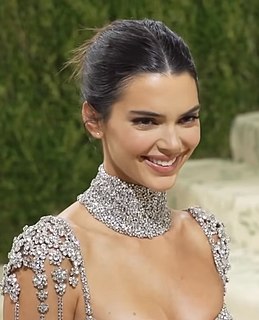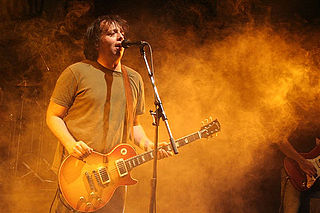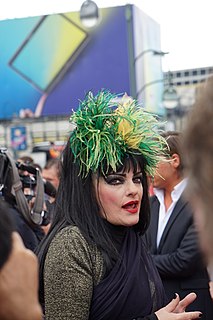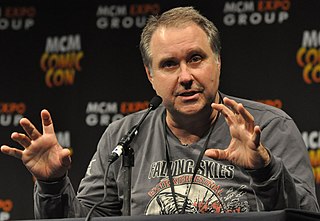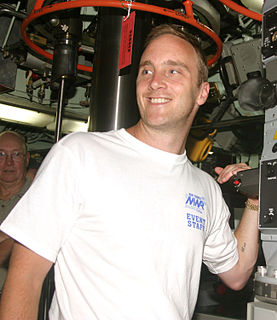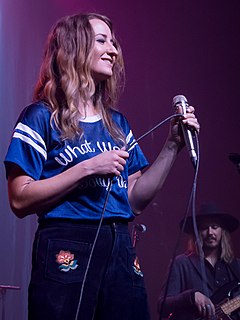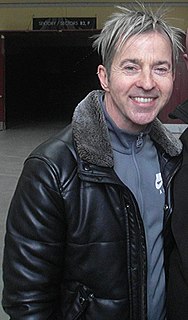A Quote by Simon McBurney
When I was doing 'A Disappearing Number' in Plymouth, we had to go on an hour and a half late, and I still hadn't written an end, so we had to make one up, and then we had to go out literally with our pants round our ankles.
Related Quotes
A lot of people are like, "Oh, it's so much easier to be a supermodel now because you have Instagram. You don't even need an agency anymore." But that's just not true. I still had to go to all the castings, I still had to go meet all the photographers, I still had to do all of that to get to where I am now. There wasn't a step taken out just because I had social media. I still have 12-hour days, I still have even 24-hour days sometimes; I still have to do all those things. We don't work any less hard than the '90s models did when they were young.
It completely sickens me what our culture is doing to women. Last week I wore a big top and little shorts and a bunch of stuff came out saying I was without pants. 'The No-Pants Look,' it said. And I didn't go out without pants, I had shorts on... If Olivia Wilde had gone to a party with a big silky top and little shorts she might have been told her outfit was cute... What it was really: 'Why did you show us your thighs?'
When I went to college, I went to a junior college. I wanted to go to the University of Alabama but had to go to junior college first to get my GPA up. I did a half-year of junior college, then dropped out and had my daughter. College was always an opportunity to go back. But she, my daughter, was my support. I gave up everything for her.
Suddenly, I realized how tough trying to structure a story like this is. It was a lot of work. The one big advantage that we had was that we had eight scripts written before we started shooting, or even started casting. We had a really good opportunity to look at it and figure out where we were going to go and how to do it. Once we got a cast, which I love, then we started doing some revisions to make sure that they fit into it.
'Our parents' generation had it a lot tougher than we did. They had to live through the Depression, World War II, and then they had to, you know, try to pick up the pieces of their lives and bring up their children. And, it was a great example for us. I guess we grew up with a certain amount of the ethics our parents had, which is, you know: work hard, make your own way, be independent.
Why had we let it go? Why had we both been condemned...to an exile among dreary strangers who had made us give up all desire for rest, for friendship, for the sound of human voices? Could I now reclaim a single hour spent talking to my brother, Philip, and give it to Ken Daggart? Who made it our duty to accept, as the only reward for our work, the gray torture of pretending love for those who roused nothing but contempt?

